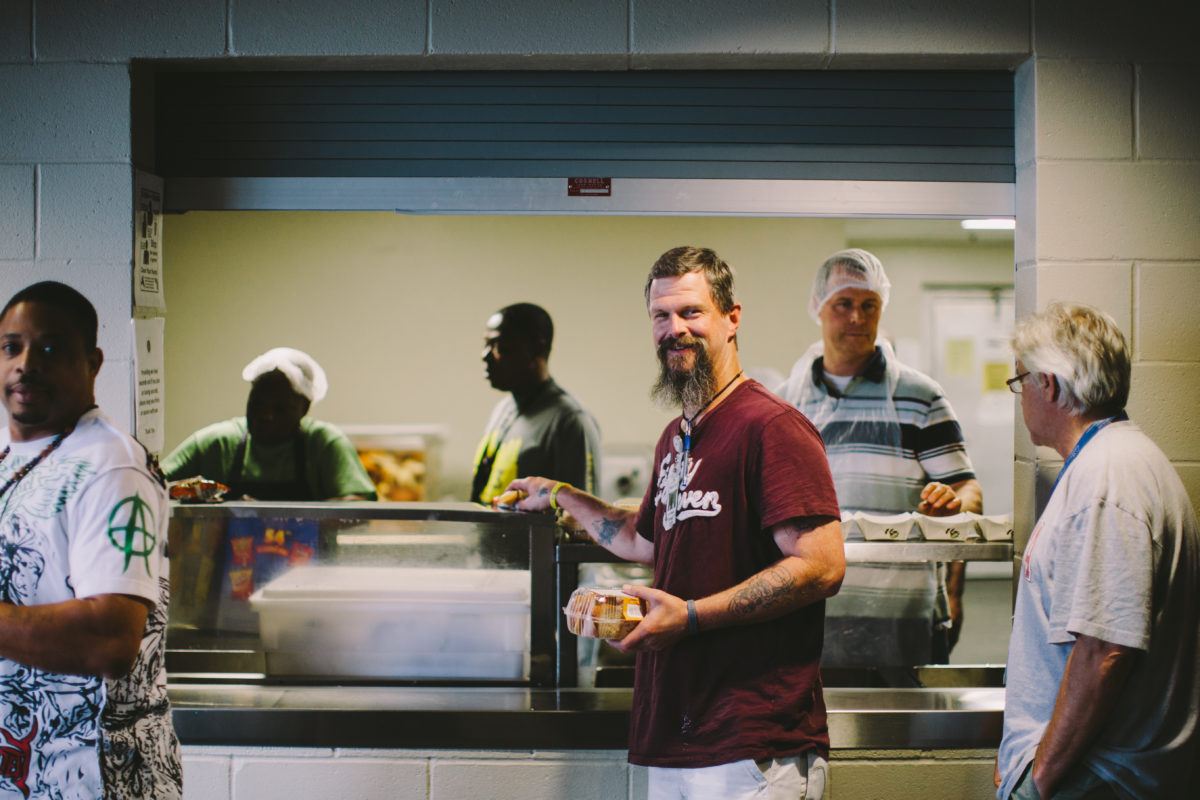Audio version of story
In the United States, poverty is measured by income level. If you’re a family of four making more than $24,000 a year, you’re over the poverty line. Less than that, and you’re under it.
But a study from Georgia Tech says looking at income alone is not enough.
For example, maybe your income is technically over the poverty line, but you can’t afford health insurance. Or your rent or mortgage takes a major hit each month. Or you have a disability.
Dr. Shatakshee Dhongde is an economist at Georgia Tech. She says that many Americans are facing more than one of these situations.
“We are identifying a large population which may not fall below the income poverty, but they are facing multiple deprivations in their lives,” she says.
She says these deprivations, in areas like health, education, standard of living, security, social connections and housing quality should all be considered to categorize poverty.
Dhongde and her study partners looked at U.S. Census data from the Great Recession years, between 2008 and 2013. During that time, about 13 percent of Americans were living in poverty. In Georgia, it was nearly 20 percent.
But when they took factors like health, education and housing into account, she found that nearly 30 percent of people slightly above the poverty line were experiencing deprivation.
“They may not be qualifying for health insurance,” she says. “[Also,] we have a large population of high school drop-outs in this country, and a large population of individuals who are under what we call ‘the severe housing burden.’”
Jim Reese says he hears stories like this all the time. He’s the president of Atlanta Mission, which serves about a thousand people across Georgia with shelters, transitional housing and job training. He says that the idea of what it means to be poor often gets over-simplified.
“Well, I think one, we tend to think of homelessness and the whole issue of poverty based on the number of people we see on the street,” he says.
In reality, he says, the picture is more complex. He says poverty isn’t just a matter of low income and simple fixes. And like Dhongde, he says getting out of poverty takes so much more than money.
“It’s easier to give you a place to live, and to give you, quote, ‘a job,’ and then if you lose your job, we all blame you because you lost your job,” he says. “If you’re emotionally not healthy, if you’re socially not—have any relationships-guess what? You’re going to lose your job.”
The U.S. should look at countries like the United Kingdom and France, says Dhongde. They already measure poverty and wellbeing by looking at more than just income.
Like us on Facebook

9(MDAxODM0MDY4MDEyMTY4NDA3MzI3YjkzMw004))








